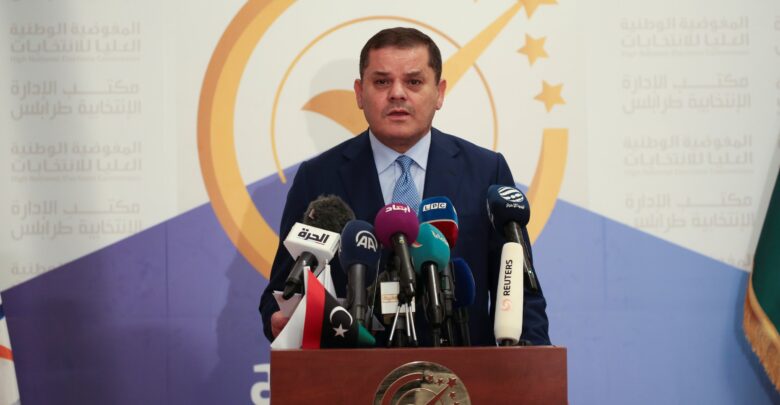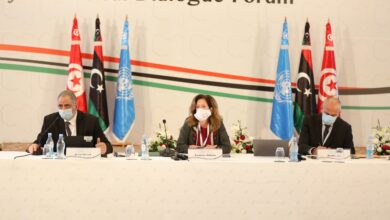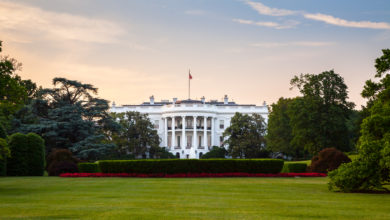Libya
Libyan Interim Prime Minister Dbeibah Vows To Draft New Election Law To Resolve Crisis

Libyan Prime Minister Abdul Hamid Dbeibah on Friday vowed to draft a new election law that is expected to resolve the ongoing political crisis in the country, reported Aljazeera.
The promise came as United Nations chief Antonio Guterres called on all parties to continue to preserve stability in Libya as a top priority, just a day after the country’s eastern-based House of Representatives appointed another prime minister.
In a statement issued by his spokesperson on Friday, the UN secretary-general reminded all institutions of the primary goal of holding national elections as soon as possible to ensure that the political will of the 2.8 million Libyan citizens registered on electoral lists are respected. He said that he “takes note” of the Libyan parliament’s naming of a new prime minister.
The statement neither mentioned the name of the current Libyan interim Prime Minister Abdel Hamid Dbeibah nor the new prime minister appointed on Thursday, Fathi Bashagha.
On Thursday, Guterres’s spokesperson had said the U.N. has continued to support Dbeibah as interim prime minister, despite the selection of a new premier by the Libyan parliament.
Dbeibah, who escaped unharmed from an assassination attempt early Thursday in Tripoli, was appointed as Libya’s interim prime minister a year ago as part of United Nations-led peace efforts. His government had a mandate to lead the country to elections on Dec. 24.
The December election was canceled over disputes between rival factions on laws governing the election and the list of controversial candidacies for the presidential post. The east-based lawmakers have argued that the mandate of Dbeibah’s government ended on that date.
Dbeibah continues to reject the eastern-based parliament’s move to replace him and said his internationally recognized Government of National Unity (GNU) will only hand over power after a national election.
The appointment of the new prime minister threatens to spark a new power struggle between the eastern-based government and Dbeibah’s Tripoli-based administration.






